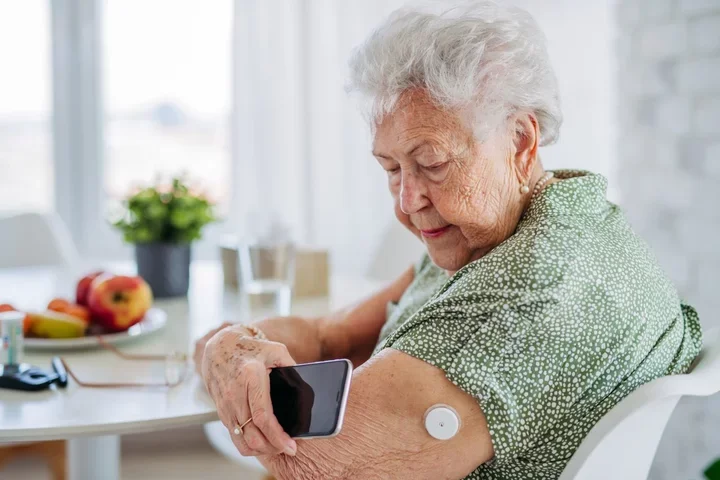Colorectal Cancer (CRC)
Technology-assisted screening and early diagnosis

Colorectal cancer (CRC) affects 147,950 Americans annually, causing over 53,200 deaths. Screening and removing precancerous polyps reduce CRC incidence and mortality. High-risk neoplasia (HRN) affects one million Americans yearly, increasing CRC risk. Professional societies recommend surveillance colonoscopy three years post-HRN diagnosis, but surveillance rates are low due to patient, provider, and system barriers. To improve rates, our team is involved in the development and evaluation of a multilevel, technology-assisted intervention at UCLA Health to identify HRN patients, prompt surveillance, and facilitate scheduling. Our team collaborated with Folasade May, Department of Medicine, Division of Digestive Diseases, and partners from the Office of Health Information and Analytics to develop, validate, and deploy automated natural language processing (NLP) tools that gather results from the patient’s colonoscopy reports and pathology reports. The NLP tools then merge the results in the patient’s electronic health record (EHR). Providers see a notification in that patient’s EHR and work with them to schedule a follow-up colonoscopy and other necessary tests.



